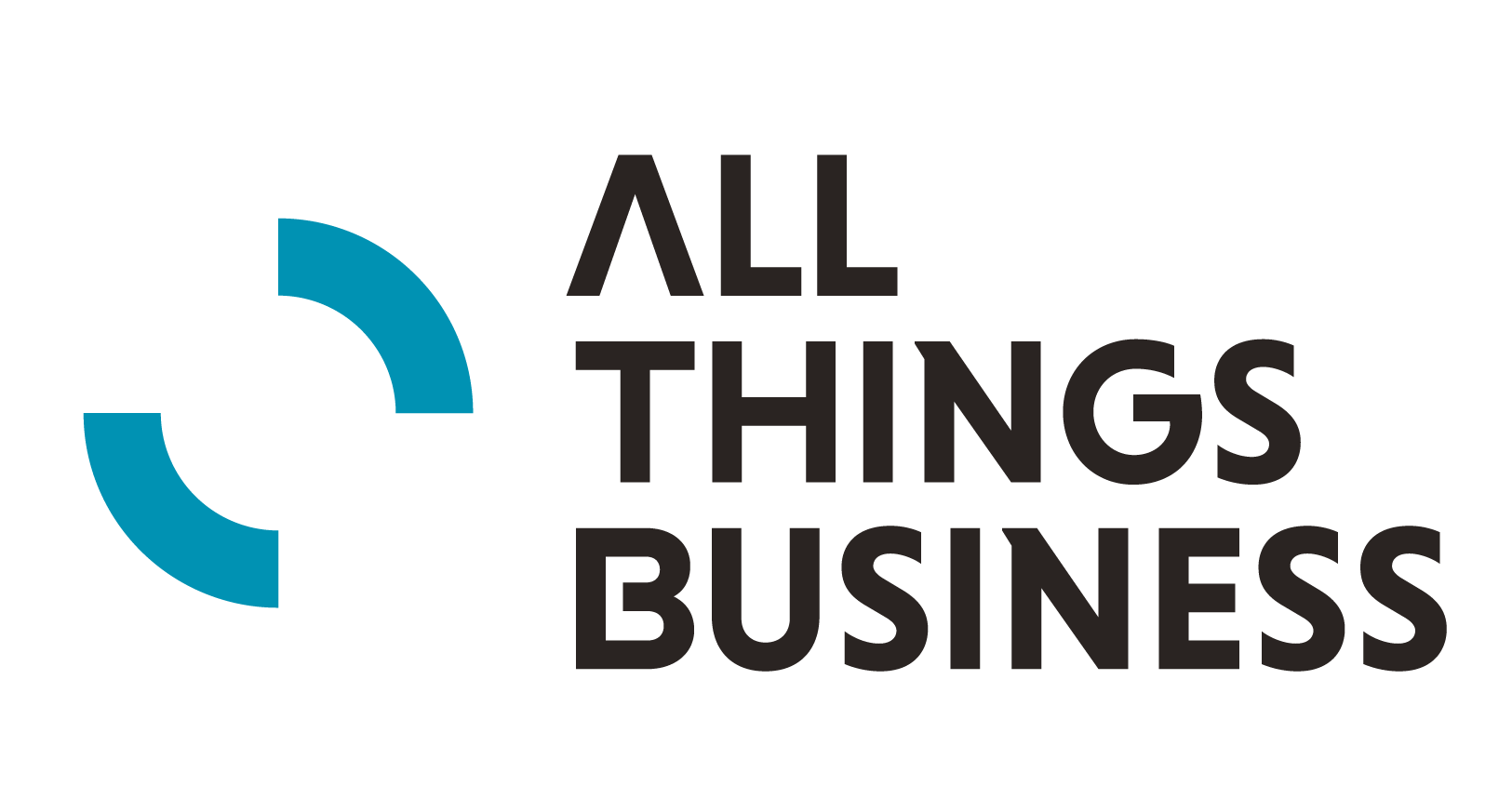Effective communication is a prerequisite to strong leadership, high-performing teams and building commercial relationships. That’s why communication is no longer considered a ‘soft skill’ among the world’s top business leaders.
Former PepsiCo CEO Indra Nooyi, who now serves on Amazon’s board, says:
“You cannot over-invest in communication skills — written and oral skills. If you cannot simplify a message and communicate it compellingly, believe me, you cannot get the masses to follow you.”
I couldn’t agree more.
We’re often asked if good communicators are born or made. Let’s think about that. From the day we are born, we begin communicating. Babies cry if they’re hungry and smile if they’re happy. Most parents will remember the first words their children uttered. Yet, as we grow up, study and embark on our lives and careers, few of us dedicate time to adequately honing our communication skills or even considering how our communications make people think, feel and influence what they do.
Being good at anything requires an investment in one of our most precious commodities, time. Being a good communicator is no exception. People who succeed do not pay lip service to the importance of effective communication. They constantly strive to improve their skills in communication. They realise from experience, that what you say – written, spoken, presented – how you say it and when you say it, shapes your success, your reputation and your life.
So how can you begin improving your communications to achieve greater success?
Hold-up a mirror
Have you ever recorded yourself on camera, on a video call or audio-only conference call rehearsing the delivery of a presentation, team talk or sales pitch? If you have, did you sound concise and clear and compelling? Did you appear composed? Do you seem credible to your audience? Do you think you appealed strongly enough to you audience’s interests, their needs, and what they want to the extent that they’ll find your product or service immediately useful and want to hear more?
I expect that some of you have recorded yourself but many of you haven’t because let’s face it, most of us don’t enjoy seeing or hearing ourselves. The ability to hold-up a mirror to ourselves to assess our communications – verbal, non-verbal, visual – can be a positive way to start refining your communications and making them more impactful, engaging and convincing.

Invest in your team
Effective teams reflect effective communications. 86% of employees, as well as leaders believe ineffective communication is the root cause of workplace failures*. The most frequently cited cause of communication barriers is fundamentally human: different communication styles. In an age of constantly changing and real-time communication tools, this barrier is made more complex by generational and functional differences in communication awareness and our ability to adapt. Poor workplace communication can lead to 52% more stress for employees, 31% low employee morale and 18% lost in sales.*
Training programmes help align teams to your brand, your culture and your purpose. By changing your mindset and learning communication techniques, you can bolster and reenergise your organisation, improve sales and increase employee productivity and retention.
Don’t wing it
The best performers, actors, actresses, musicians and comedians consistently plan, prepare and rehearse. While some of us are born talented performers, the virtual environment has forced us be on camera more than we could’ve ever anticipated. To light up the lens and connect with your audience, it’s imperative to ensure you have good lighting – either natural light on your face or a ring light – and look directly at your camera so people feel like you’re speaking directly with them.
Allowing enough time to rehearse your presentation, speech or sales pitch is essential. They say it takes 0.3 seconds to form a first impression. How you ‘show-up’ the moment you step on to a stage, into a meeting room or appear on a video call is crucial to capturing the attention of your audience.
Our attention spans are shorter than ever before, so ensure your communications are energised, clear and easy to understand. The imagery of stories is more powerful than words and don’t be afraid to personalise and humanise your communications. This will make you more authentic.
I founded a communications consulting, coaching and training business called Curayio with Executive, Leadership and Business Coach Deborah Dor. Curayio, which translated from Greek and adapted for our use, means courage. We founded the business because we want to give people the courage to communicate more effectively so they can lead, achieve and succeed with greater impetus. We design and deliver programmes which give people the skills and confidence to communicate with compassion, clarity and confidence.
As the billionaire Warren Buffet said:
“The one easy way to become worth 50% more than you are now — at least — is to hone your communication skills — both written and verbal”.
If you agree, you may see the value in taking a closer look at yours.
To discover more about Curayio, visit the website www.curayio.com

Reputation & Communication Consultant & Coach
Co-Founder
Curayio

